Who was snubbed, who snuck through: Here's the list of invitees to Biden's democracy summit
Like any big party, the guest list is already sparking controversy.
With democracy in recession around the world, President Joe Biden made a campaign pledge to convene a summit of democracies in his first year in office to promote human rights, counter corruption and discuss ways to strengthen democracies against authoritarian models that have gained strength in recent years.
His first "Summit of Democracy" will convene virtually on Dec. 9-10, and now the administration is revealing who is invited -- 110 participants in total, from every corner of the globe.
Like any big party, there are some controversial invitees and notable exclusions, and the guest list has already sparked some anger.
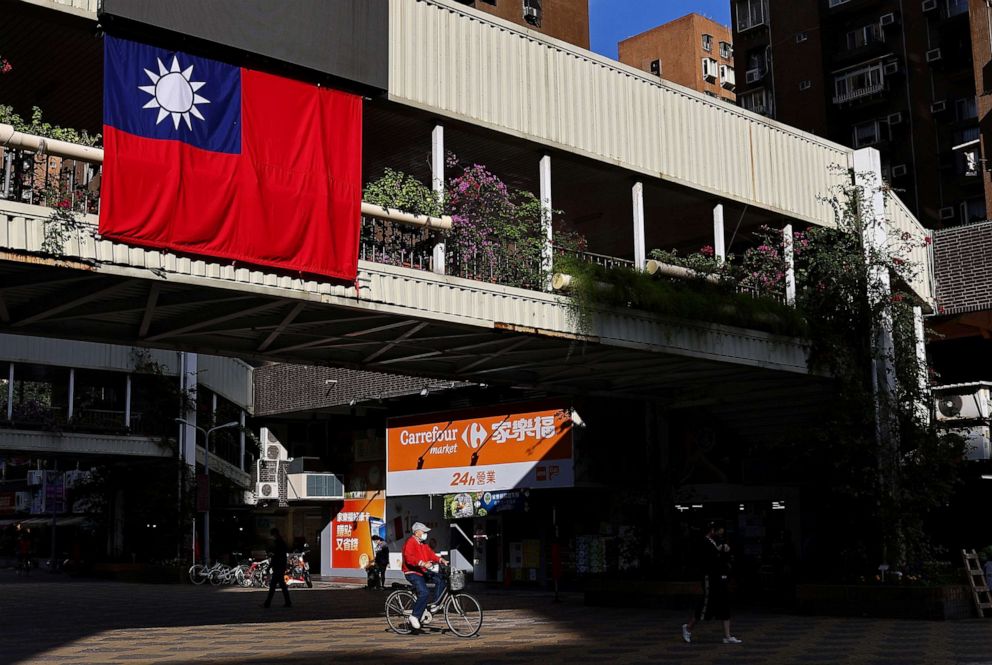
Most controversially, the Biden administration invited Taiwan, which China considers a breakaway province and which most countries don't recognize as independent -- the U.S. included. The island nation has been self-ruled since 1949, flourishing into a vibrant democracy in recent decades, and the U.S. has drawn increasingly close to it politically and economically while still recognizing mainland Chinese government as the sole legal government of China and acknowledging its claim that Taiwan is part of China -- the so-called "one China" policy.
Beijing was already irked by the summit itself, which it has cast as an example of the U.S. using "the cloak of democracy" as "a cover, a tool... to advance its geostrategic goals." But the invitation to Taiwan brought an even stronger response amid months of high tensions across the Taiwan Strait, including repeated Chinese incursions into Taiwan's air defense zone.
"Playing with 'Taiwan Independence' will eventually lead to fire," warned Chinese Foreign Ministry spokesperson Zhao Lijian during a briefing Wednesday.
Biden has also courted controversy on that issue by telling reporters this year that the U.S. would come to Taiwan's defense if China invaded, despite a decades-old policy of leaving that question ambiguous. Instead, the U.S. has a commitment to boosting Taiwan's defensive capabilities, with the Trump administration announcing billions in arms sales in its final year.
Biden has continued to foster closer U.S.-Taiwan ties, including by holding a high-level economic dialogue this month and easing restrictions on meetings between U.S. and Taiwanese officials.
That's in part because he sees Taiwan as an important counter to China's authoritarian model in the region. Chinese leader Xi Jinping "doesn't have a democratic -- with a small 'd' -- bone in his body," Biden said in March, and he's spoken often about the competition between democracies and authoritarian governments as the test of the 21st century.
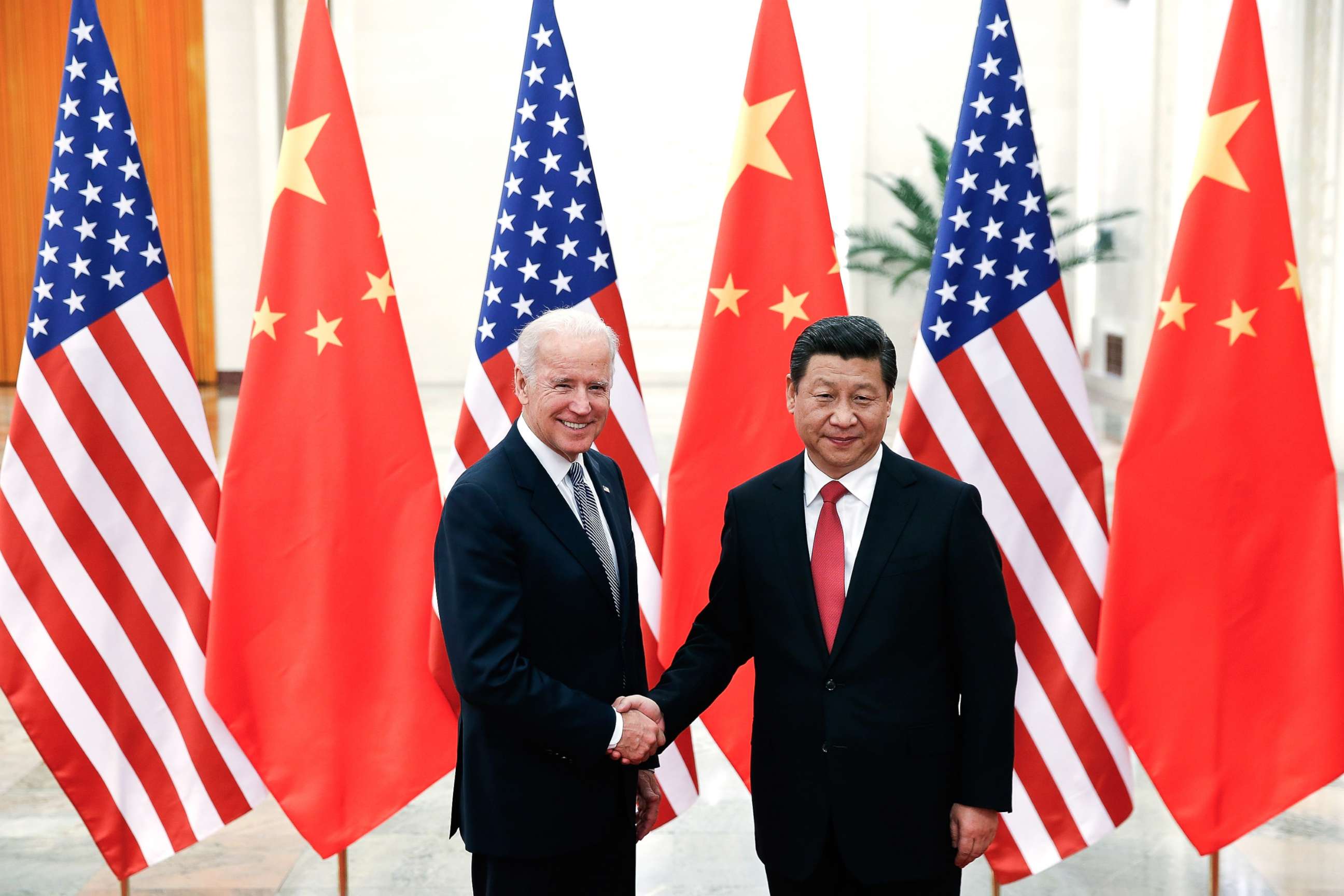
But that makes some of his administration's other choices controversial, given their own slide into authoritarianism -- or at least away from democracy -- including Brazil, India, the Philippines, Poland and Serbia.
Biden has yet to meet Brazil's far-right populist President Jair Bolsonaro, who has been accused of undermining democracy in Latin America's largest country and the world's 12th largest economy. Bolsonaro has sowed deep doubts about next year's presidential election and threatened to not accept the results, along with attacking the judiciary, political opponents and the free press.
The American president, for his part, has embraced Prime Minister Narendra Modi in India, which prides itself as the world's largest democracy. But democracy monitors like the U.S. think tank Freedom House say India's democracy is increasingly marred by pressure on human rights groups and journalists, limits on political and civil liberties, especially for minorities, and an increase in violence and religious strife -- which Modi's government has denied.
While some critics have questioned why countries that have seen democratic backsliding were invited, a top U.S. diplomat said the administration was focused on "countries that we assess set a high bar for themselves and for others and that demonstrate will and progress on renewing democratic values, policies, and institutions."
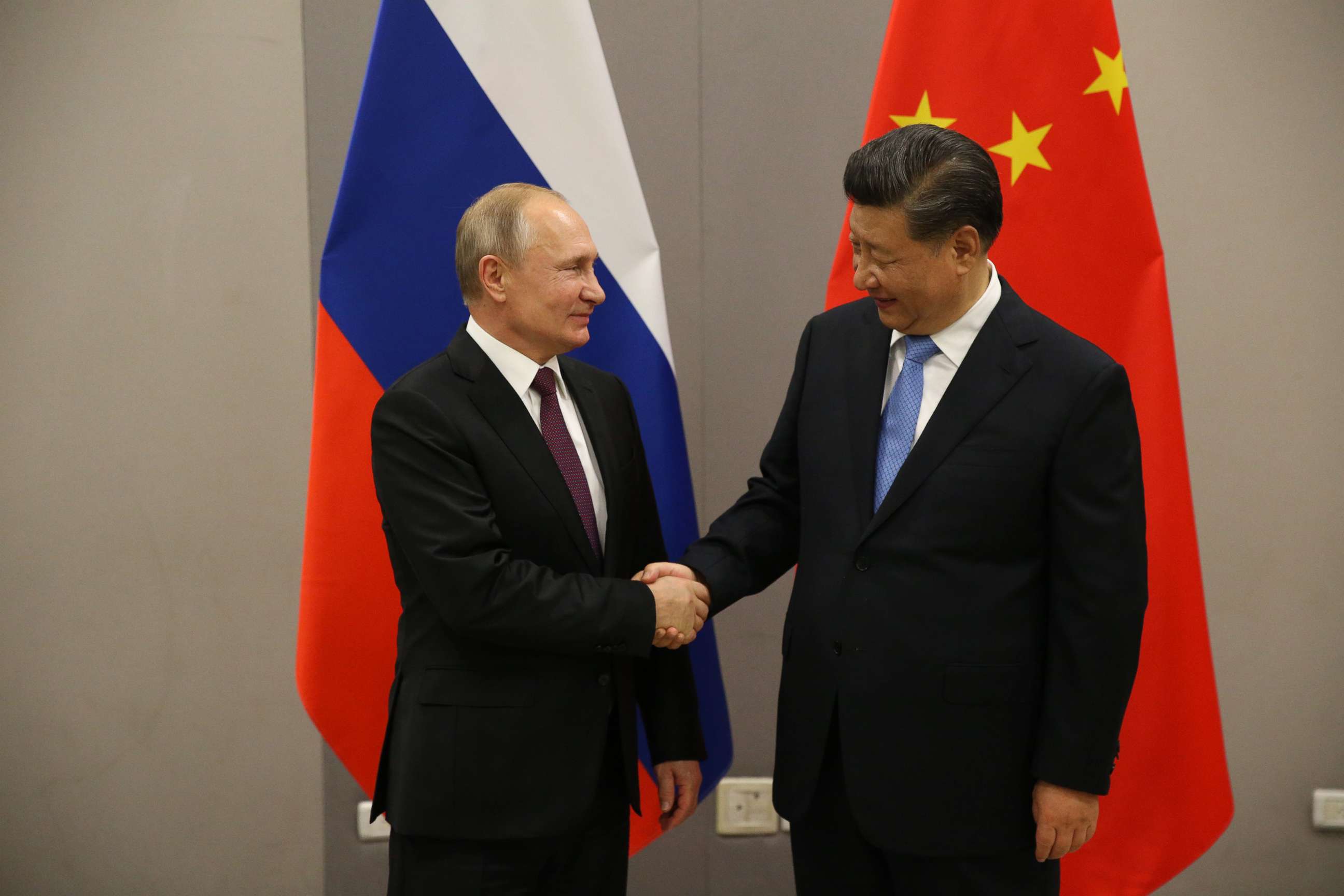
"Our goal in this effort is to be as inclusive as possible within logistical constraints," Uzra Zeya, under secretary of state for civilian security, democracy, and human rights, said last week, adding the list was meant to be "a regionally diverse set of well-established and emerging democracies."
But the Biden administration did draw the line somewhere -- excluding other troubled democracies like El Salvador, Guatemala, Honduras and Hungary, as well as authoritarian governments with nominal elections like Russia, Iran and Venezuela.
Perhaps most notably absent is Turkey, a NATO ally whose President Recep Tayyip Erdogan has become increasingly autocratic -- cracking down on dissent, the independent judiciary, the press, elections and any political opposition. While Biden and Erdogan have met and said they're interested in repairing U.S.-Turkish ties, it's unclear how the country will respond to being snubbed.
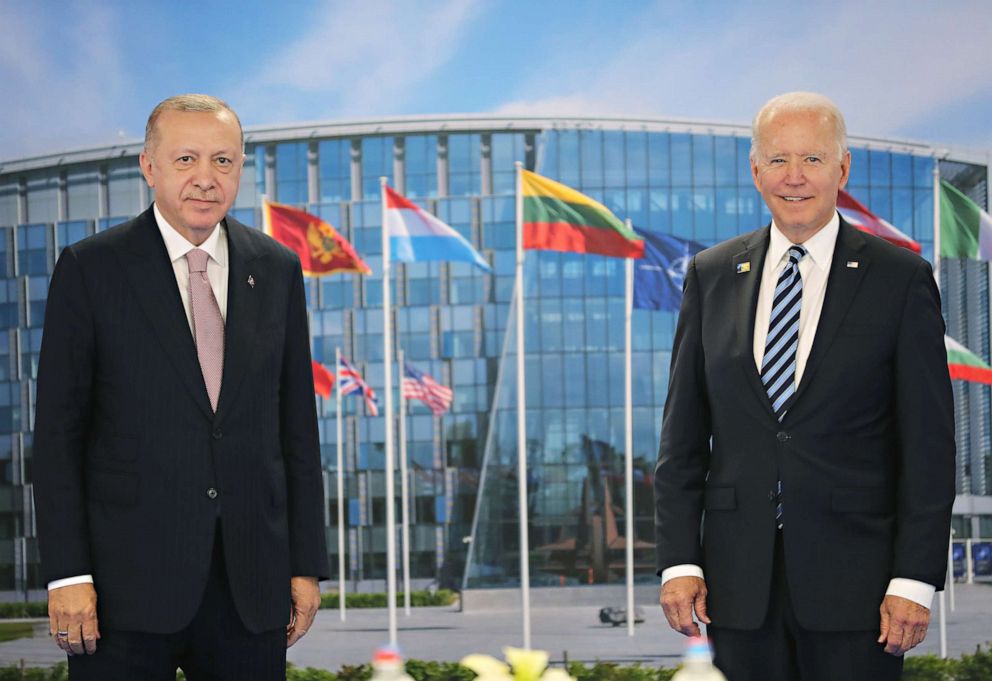
It’s also stark to review the list by region. Only two Middle East countries made the cut, for example -- Israel and Iraq, whose young democracy has struggled with foreign influence, corruption and violence. Tunisia, once the lone success story of the Arab Spring, is now not invited after its president froze parliament, sacked the prime minister and began ruling by decree this summer.
None of the countries in Central America's Northern Triangle -- where Biden has called for massive U.S. investment -- were invited in a sign of how they've been difficult partners in his calls for improving the quality of life there and decreasing migration from the region.
Only 16 of Africa's 54 countries made the cut. Sudan, where a transition to democracy that brought hope was derailed by a military coup, did not make the list.
While the summit will focus on democracy's recession in Latin America or Africa, or its large absence from the Middle East, it is also expected to hit on American democracy, which has seen its own troubles in recent years, including the unfounded attacks on the legitimacy of the 2020 election led by former President Donald Trump.
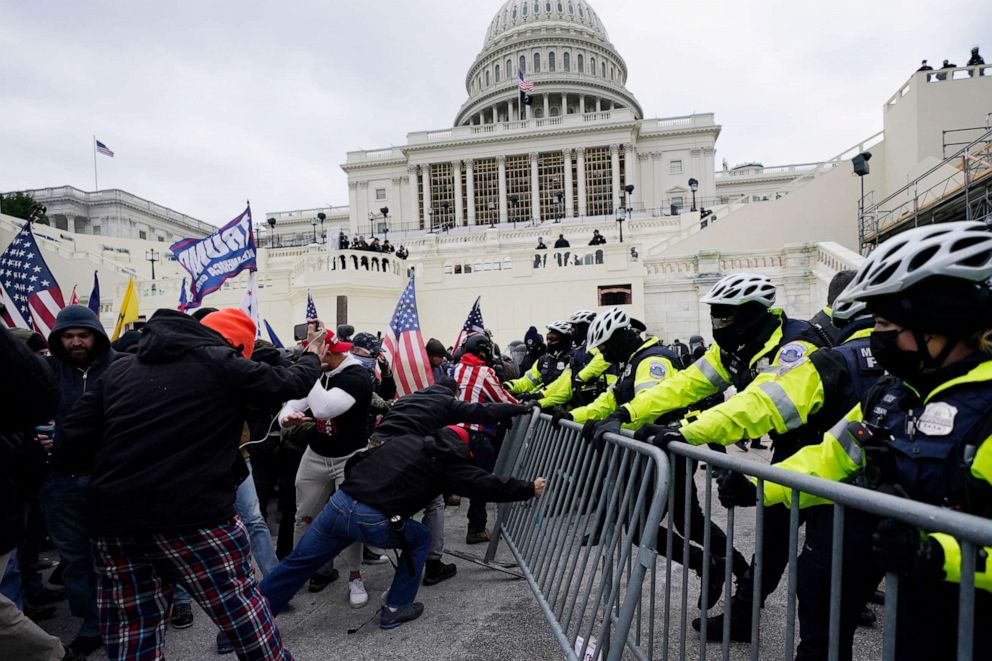
The International Institute for Democracy and Electoral Assistance, a Swedish think tank, reported on Monday that the U.S. has fallen "victim to authoritarian tendencies itself, and was knocked down a significant number of steps on the democratic scale."
Biden's Secretary of State Antony Blinken has leaned into that criticism, mentioning it on trips overseas as he encourages other countries to strengthen their democracies: "Democratic backsliding is not just an African problem. It's a global problem. My own country is struggling with threats to our democracy, and the solutions to those threats will come as much from Africa as from anywhere," he said in a major address in Nigeria last week.
But critics have also seized on it to say the democratic model doesn't work -- an idea Biden says he is out to prove wrong.
That will require his summit to be more than a photo-op. Zeya, the senior State Department official, said participants have been encouraged "to make and fulfill concrete commitments" related to defending against authoritarianism, fighting corruption and promoting human rights -- while the White House has said Biden will hold a second summit in 2022, hopefully in-person, to take stock of countries' progress.
ABC News's Karson Yiu contributed to this report.



